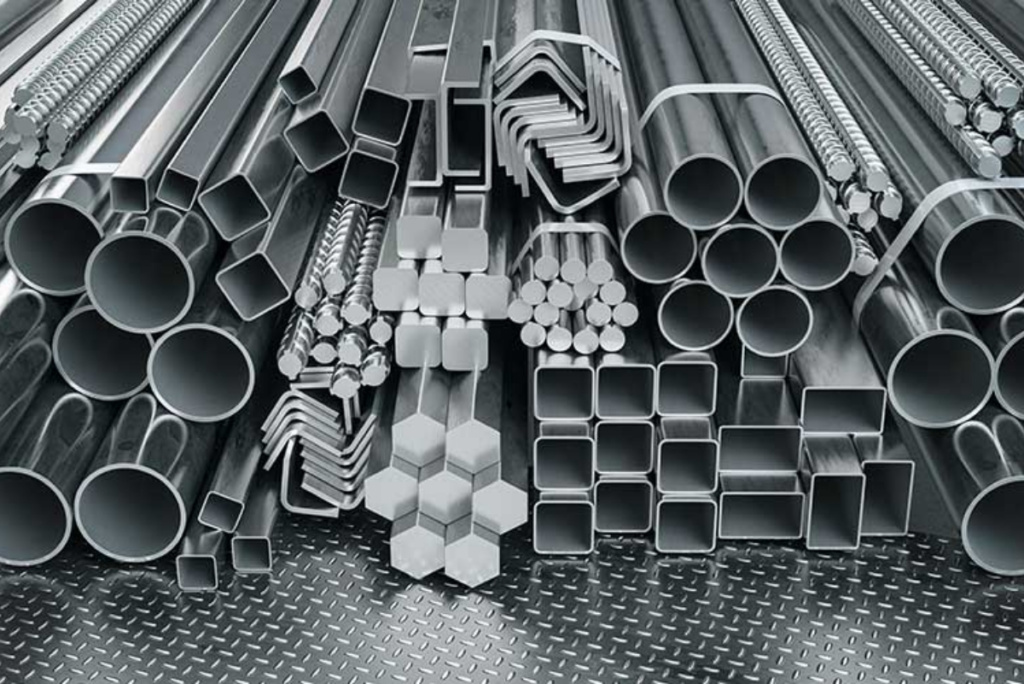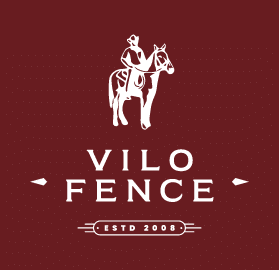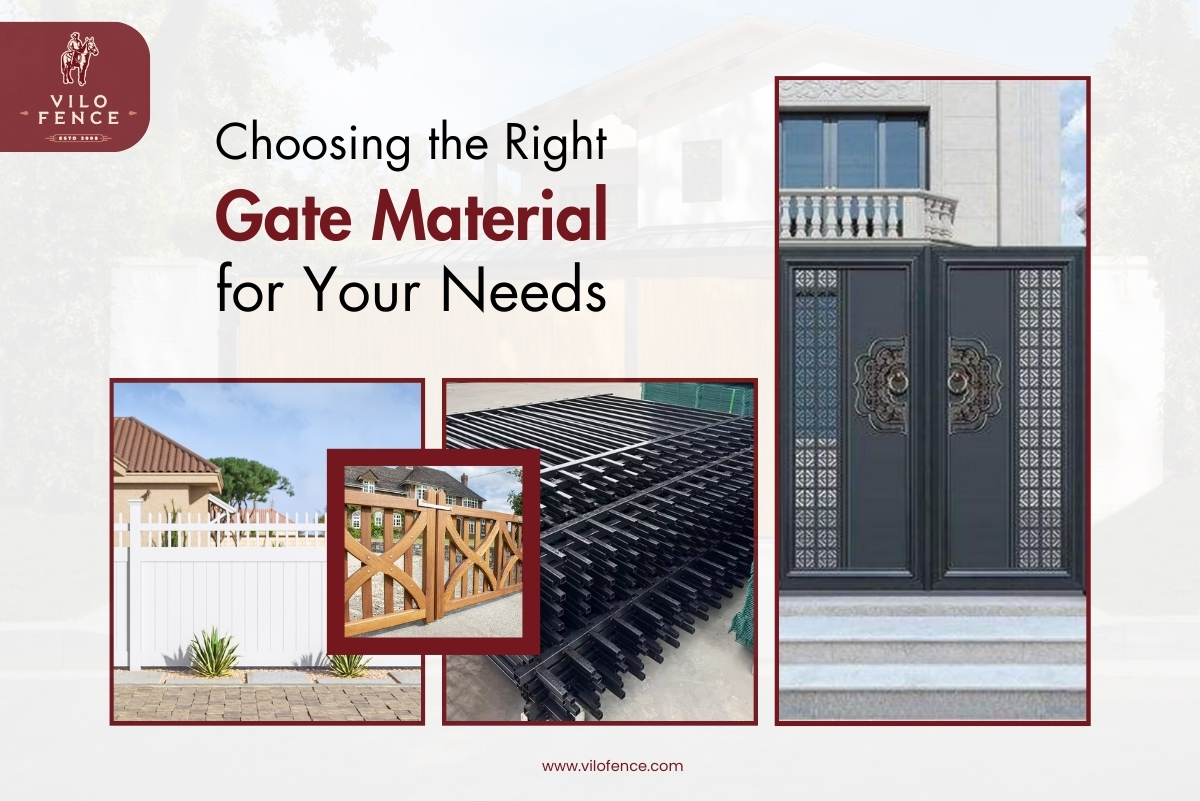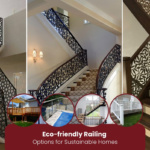As we know, gates provide essential security, privacy, and aesthetic appeal to our properties. However, over time, wear and tear, weather conditions, or changing preferences may require us to replace or upgrade them. Choosing the right gate material becomes crucial, as it not only impacts the functionality and security of your property but also contributes to its overall curb appeal. With so many materials available today, it can be challenging to decide which one best suits your needs.
In this blog, we’ll dive into various gate materials, explore their pros and cons, and help you make an informed choice for your property.
How to Choose the Perfect Gate Material: Wood, Metal, Vinyl, & More
1. Wooden Gates
Wooden gates are a classic choice for both residential and commercial properties. Known for their timeless appeal, they offer a natural, warm aesthetic that blends seamlessly with various landscapes.
Advantages of Wooden Gates
Wooden gates are timeless and versatile, offering a natural look that can blend well with most landscapes. Here are some reasons why wooden gates remain popular:
- Aesthetic Appeal: Wooden gates provide a classic, rustic, and elegant appearance. They can be customized to fit any design style, whether you prefer traditional or contemporary aesthetics.
- Variety of Wood Types: Depending on your preferences and budget, wooden gates can be made from various types of wood, such as oak, pine, cedar, or redwood.
- Eco-Friendly: Wood is a renewable resource and environmentally friendly choice for your gate.
- Customization: Wooden gates are highly customizable in terms of size, shape, and design.
Disadvantages of Wooden Gates
While wooden gates have many benefits, there are also some downsides:
- Maintenance: Wooden gates require regular maintenance, including staining, painting, and sealing, to protect them from the elements.
- Vulnerability to Weather: Over time, wood can warp, crack, or rot when exposed to moisture, sun, or extreme temperatures.
- Security: Wooden gates may not be as secure as metal gates, especially if they are not built with reinforced materials.
2. Metal Gates

Metal gates, known for their strength, metal gates are often used for both residential and commercial purposes, offering a sleek, modern look that can also be highly decorative.
Advantages of Metal Gates
Metal gates, such as those made from wrought iron, aluminum, or steel, are a popular choice due to their durability and strength. Here’s why they are often chosen:
- Durability: Metal gates are incredibly durable and can withstand harsh weather conditions, including rain, wind, and snow. Steel and wrought iron gates, in particular, are known for their strength and long-lasting nature.
- Security: Metal gates provide excellent security. Their solid construction makes them difficult to break or tamper with, making them a great option for residential and commercial properties.
- Low Maintenance: Metal gates require minimal maintenance. They don’t need regular staining or painting, although a coat of paint or sealant can enhance their lifespan.
- Design Flexibility: Metal gates can be crafted into various designs, from simple, minimalist styles to intricate, decorative patterns.
Disadvantages of Metal Gates
While metal gates offer strength and security, they may come with some drawbacks:
- Cost: Metal gates tend to be more expensive than wooden gates, especially if you opt for high-quality materials like wrought iron or custom designs.
- Rusting: Some metals, like iron and steel, are prone to rust if not treated properly. Regular maintenance is necessary to keep rust at bay.
- Weight: Metal gates can be quite heavy, which might make installation more challenging and require additional hardware.
3. Vinyl Gates
Vinyl gates are made from synthetic materials and offer a modern, low-maintenance alternative to traditional wooden gates.
Advantages of Vinyl Gates:
- Low Maintenance: Vinyl gates do not require painting or staining, making them very easy to maintain.
- Durability: Resistant to rot, cracking, fading, and other weather-related damage, vinyl gates are built to last.
- Variety of Styles: They are available in many different styles and colors, making it easy to find the perfect match for your property.
- Safety: Vinyl is child and pet-friendly due to its smooth surface and lack of sharp edges.
Disadvantages of Vinyl Gates:
- Less Traditional Appeal: While modern, vinyl gates may not appeal to those looking for a classic, rustic aesthetic.
- Limited Customization: Vinyl gates offer fewer customization options compared to wood or metal gates.
- Environmental Impact: Vinyl is made from synthetic materials, which may not be as eco-friendly as natural wood or other sustainable materials.
4. Aluminum Gates
Aluminum gates can be made in a variety of styles and are often used in areas with high humidity or near the coast due to their corrosion resistance.
Advantages of Aluminum Gates:
- Lightweight: Aluminum gates are much lighter than other metal gates, making them easier to handle and install.
- Rust-Resistant: Aluminum does not rust, making it perfect for coastal areas or regions with high humidity.
- Cost-Effective: Compared to wrought iron or steel, aluminum gates tend to be more affordable.
- Variety of Designs: Aluminum gates can be made in a wide variety of styles and painted in any color you choose.
Disadvantages of Aluminum Gates:
- Strength: Aluminum is not as strong as steel or wrought iron, making it less ideal for high-security applications.
- Durability Issues: Although rust-resistant, aluminum can dent or get damaged more easily than other metal materials.
- Lesser Customization: While it’s available in different designs, the customization options for aluminum may not be as varied as with wood or steel.
5. Composite Gates
Composite gates are made from a mixture of wood fibers and plastic, combining the best qualities of both materials.
Advantages of Composite Gates:
- Low Maintenance: Composite gates do not require regular staining, painting, or sealing.
- Durability: They are resistant to rot, splitting, and cracking, making them a long-lasting option.
- Eco-Friendly: Made from recycled materials, composite gates are a more environmentally friendly option.
- Aesthetic Appeal: Composite gates have the appearance of wood without the high maintenance demands.
Disadvantages of Composite Gates:
- Cost: Composite gates tend to be more expensive than vinyl or wood gates.
- Limited Design Options: Compared to metal or wood, composite gates may have fewer design and color options.
- Weight: Composite gates can be heavy, which might make installation more difficult.
Now that you’re aware of the advantages and disadvantages of each gate material, it’s time to make a choice! Whether you’re looking to upgrade your home’s curb appeal, improve security, or add a stylish entrance, contact Vilo Fence. We will provide you professional guidance and installation services.
Conclusion
In conclusion, when choosing the right gate material for your property, it’s essential to consider your priorities, such as aesthetics, durability, maintenance, and security. Wooden gates offer natural beauty but require upkeep, while metal gates provide strength and security with minimal maintenance. Vinyl gates are a great low-maintenance option, and aluminum gates are lightweight and rust-resistant. Composite gates combine the benefits of wood and plastic, offering long-term durability.
Frequently Asked Questions
Q1. Which gate material is the most secure?
Ans. Metal gates, particularly steel and wrought iron, are the most secure due to their strength and ability to withstand tampering.
Q2. How long do wooden gates last?
Ans. Wooden gates can last up to 10-20 years, depending on the wood type and how well they are maintained.
Q3. Are composite gates worth the investment?
Ans. Yes, composite gates are a great investment for those seeking a low-maintenance, durable, and aesthetically pleasing option that mimics wood.






